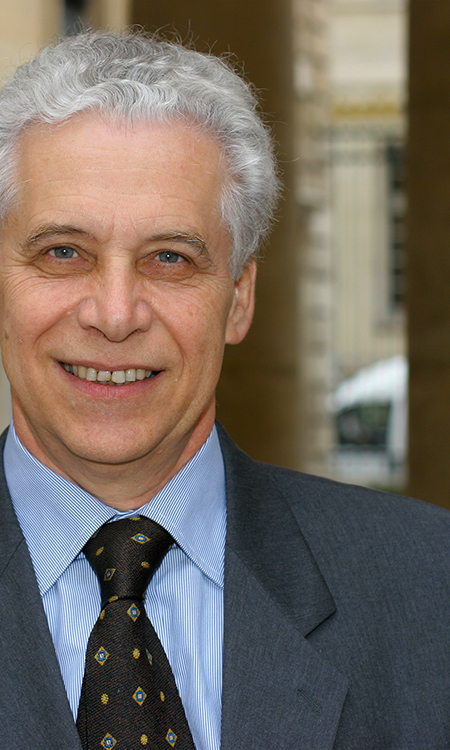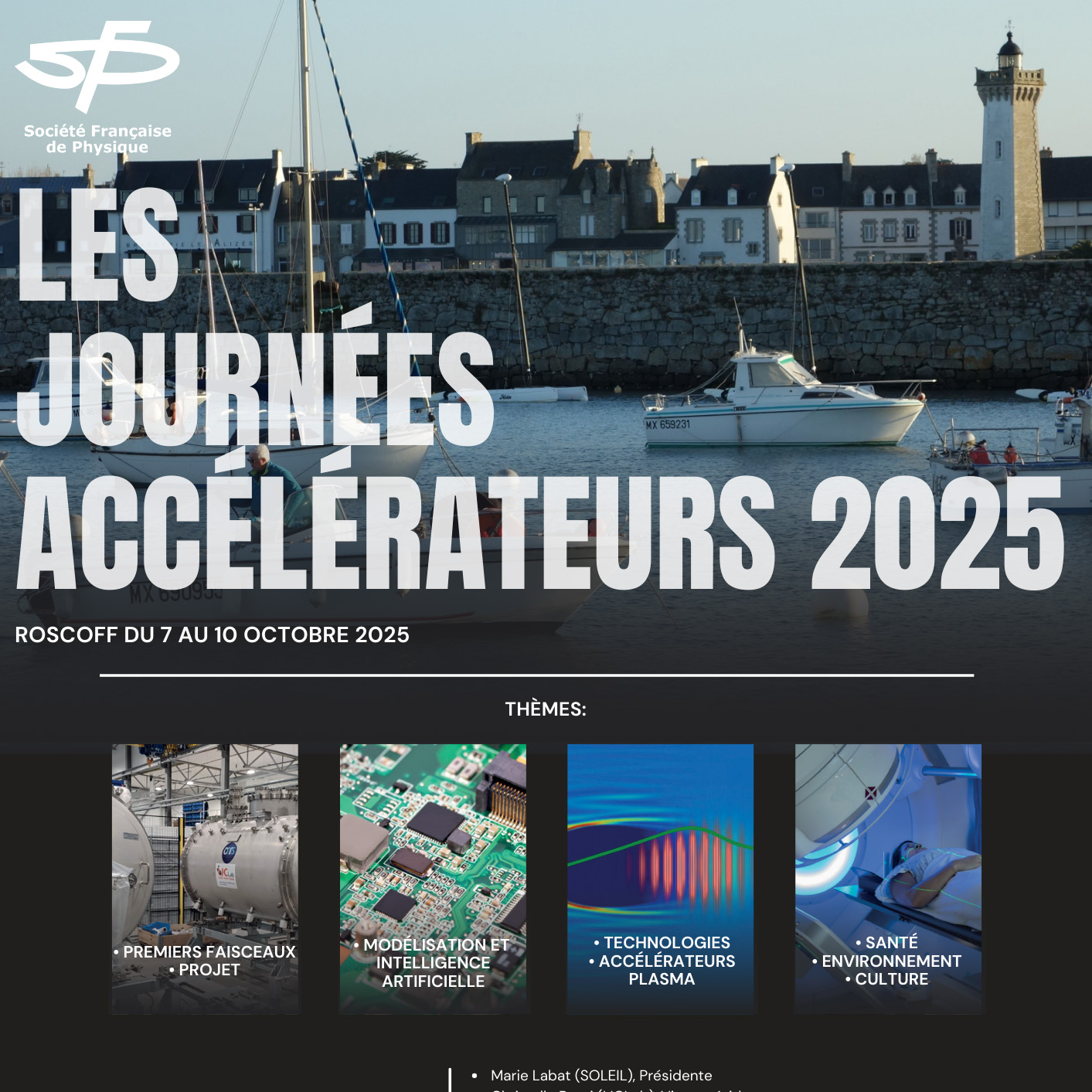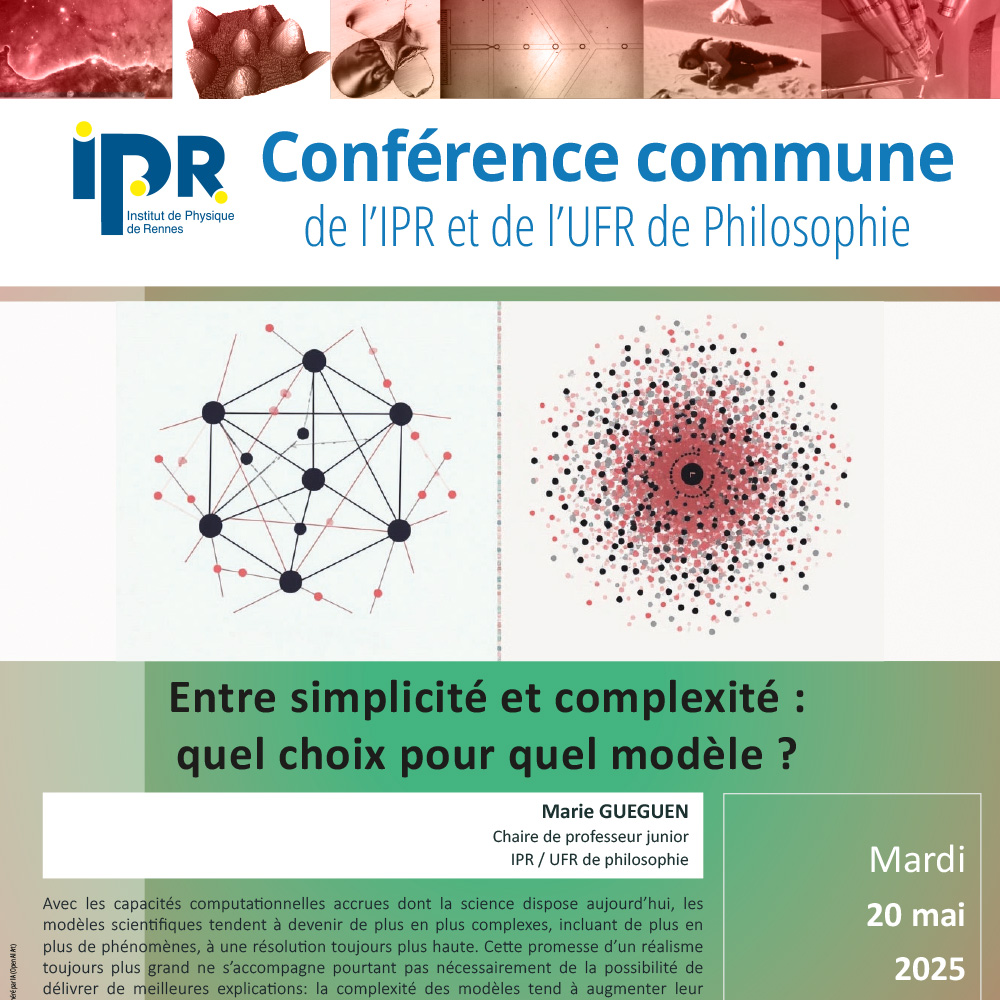Gabriele Veneziano, 2016 Friedel-Volterra Prize winner
Common Prize with the Società Italiana di Fisica
 |
After the old string theory (originating from his 1968 paper) was reinterpreted in 1984 as a quantum theory of fundamental interactions, including gravity, Veneziano was one of the very first theorists investigating the cosmological implications of that theory. One of the most spectacular predictions of the new scenario is the existence of a stochastic background of gravitational waves at wavelengths accessible to present, or near future, interferometers on earth and/or in space. The recent direct detection of gravitational waves from coalescing black holes makes this possible future observation even more realistic and exciting.
|
The French and the Italian Physical Societies congratulate Gabriele Veneziano for having been at the origin of string theory and, more recently, for having pioneered its applications to primordial cosmology, the big bang, and the issue of the beginning of time.
Article posté le 29/06/2017


